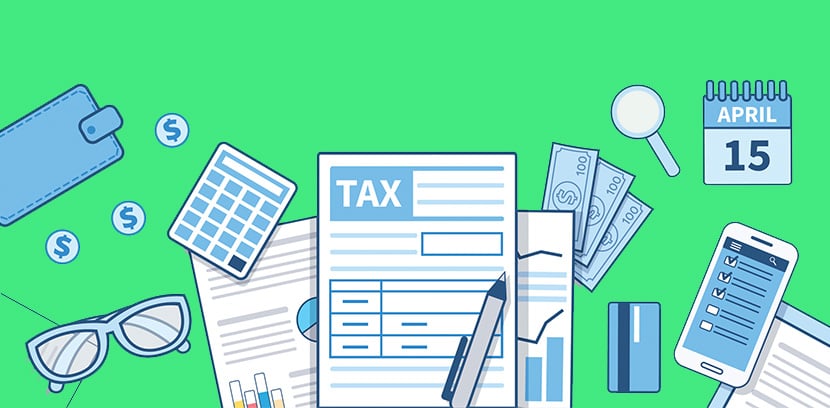
Whether you're a freelancer, contractor, startup or small business, tax season is the time of year that reveals any changes in your business over the past year. If you've not kept up with your income and expenses, tax season will kick you into gear. If you're unsure about write-offs, deductions or even how much tax you owe, tax season is the time to get informed.
Do you know if your growing business is prepared for tax season?
Gather all Documentation
Business owners should have well-organized documentation as proof of all income, expenses and deductions. If you have receipts for office supplies, software purchases or any other business expenses, gather and scan them so they'll be in one place. Make note that you may have paper receipts, email receipts or photos of receipts for various purchases. Remember to include professional services such as payroll, bookkeeping, tax help, subscriptions, membership dues or any other services that you may have used for your business in the past year. Look at business credit card statements for other business expenses. Review your car log or other transportation expenses as they relate to your business. If you have tax information from last year, look over it to see if there's something you may have missed.
If you are a contractor or freelancer, you may also be expecting 1099 MISC forms from your clients. 1099's should be mailed by January 31 so you'll have the data required to file. Look to your accounting software or accounting spreadsheet to ensure proper record keeping.
See also: Best Practices for Organizing Small Business Accounting
Watch Out for Common Mistakes
As an entrepreneur, you may choose to organize and file your own taxes. Keep in mind that taxes can be their own challenge so it may be a good idea to hire a professional. It's far too easy to make these common tax mistakes that could create more of a headache:
- Combining personal and business finances
- Incorrectly reporting income
- Failing to send the proper forms (1099 MISC) to your contractors or W-2's to employees
- Filing taxes under the wrong legal structure
- Reporting all startup expenses at once instead of amortizing
- Not paying quarterly or on time for your specific legal entity
- Failing to maximize your business deductions
Remember Your Write Offs!
As a commercial collections organization, we are frequently asked about writing off bad debt. As part of the record gathering, we do recommend running an aging report for clear identification of delinquent accounts in accounts receivable. Under certain accounting methods, you do have the option of writing off delinquent accounts as bad debt. For instance, under accrual accounting, writing off bad debt lowers your tax liability by lowering your gross income.
Not all past due invoices are bad debt, however, and could still be collected. You could continue to remind clients that the account is in arrears and see if they will pay the full amount. You may also have the option of settling the account for less, especially if the client disputes the full amount. If the client is unwilling to pay and you have proof that they owe you with a contract or agreement, you can write it off as bad debt.
Tax season doesn't have to be a burden if you prepare early and practice good financial organization habits throughout the year. Bad debt doesn't always mean you can't get paid at least part of what's owed you. Work with a professional on your taxes to reduce the tax season stress.





